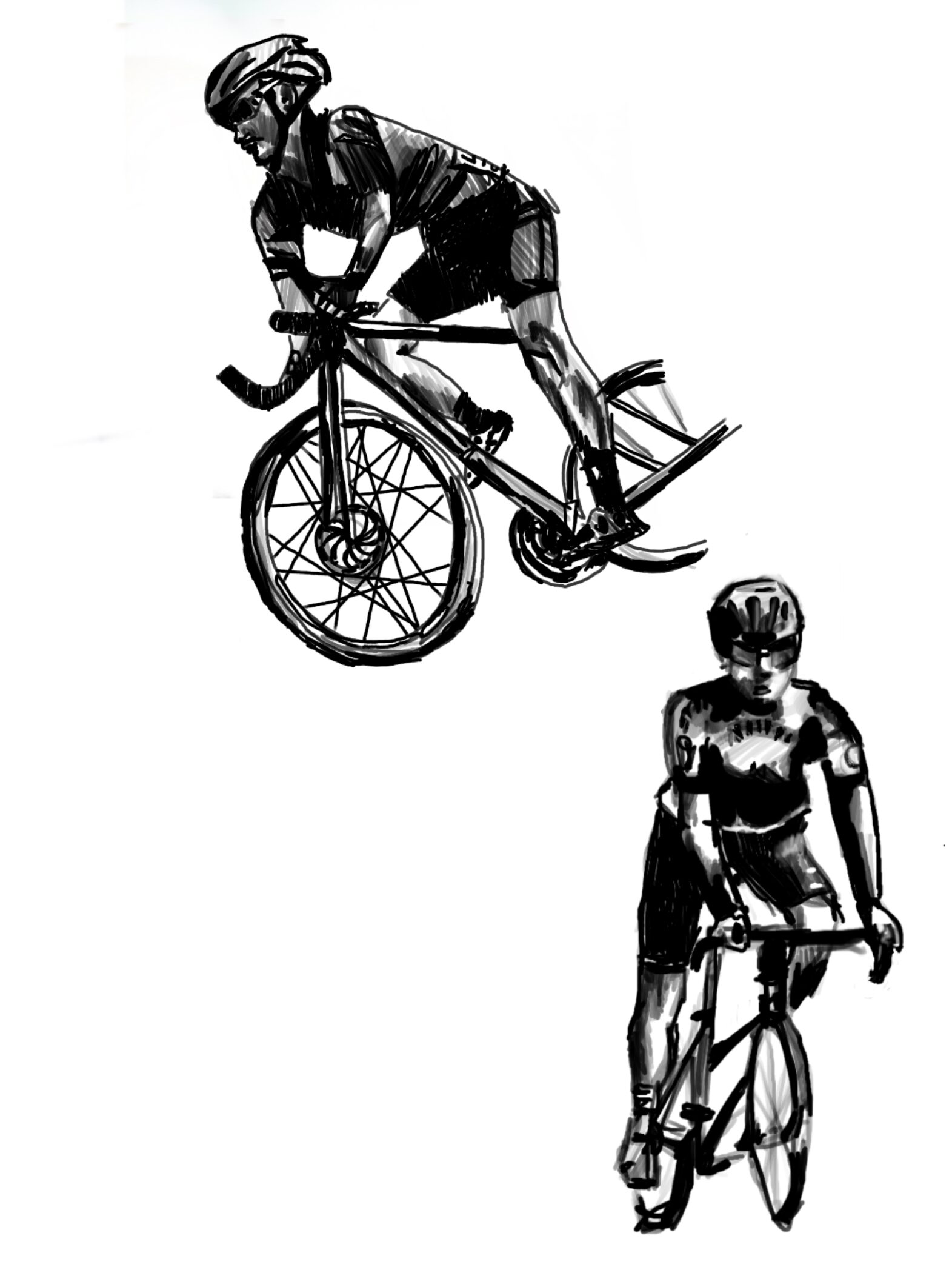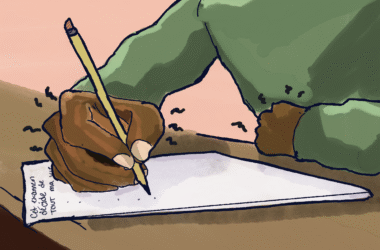Events meant to celebrate athleticism are too often exploited to burnish the reputations of countries responsible for humanitarian crises. On Sept. 14, seven protesters were arrested at the Montreal Cycling Grand Prix. They were rallying against the participation of the Israel—Premier Tech (IPT) cycling team in the race. The arrests were for obstruction, according to police reports, and the demonstrators mostly cooperated to avoid harm. The protesters opposed the presence of the team given Israel’s genocide in Gaza. The participation of IPT in a similar cycling event in Madrid was also met with protests of the same conviction. These protests bring attention to a common issue in the sports world: Sportswashing—the use of sport to alter the image of a sponsor or government.
These protesters should not be criticized for the politicization of an event that is already inherently political. While sports could just be a celebration of skill and athleticism, they are often much more than that due to national representation.
Though IPT is a cycling team, its presence at the event can be seen as a political statement. While IPT is not directly tied to Israel, some members of the group—such as co-owner Sylvan Adams—consider themselves representatives for Israel. Adams has previously referred to himself and the team’s riders as self-appointed ambassadors for Israel. While Israel might not be actively sponsoring the Grand Prix, IPT’s participation ensures that Israel’s image is being promoted nonetheless. Thus, the protesters’ presence only ensured that their condemnation was heard in a typically depoliticised environment curated by corporations—in this case, a corporation representing Israel.
This issue is not exclusive to Israel; countries have long used sportswashing to improve their image. The 1936 Olympic Games in Berlin were infamously used as a way to project an image of a strong and united Nazi Germany all while the nation was actively persecuting its Jewish and Roma communities. In recent years, human rights activists have accused Saudi Arabia of sportswashing by hosting sporting events including golf and soccer leagues to distract from the nation’s human rights abuses: These include the discrimination against LGBTQ+ communities, as well as the assassination of Jamal Khashoggi.
However, in the sports world, Israel’s human rights abuses, including the displacement of 90 per cent of Gaza’s population, are not criticized nearly as much as other countries perpetrating horrific violence at this scale.
Other countries condemned by sporting committees have been banned from events in which Israel is allowed to participate. Russia, for instance, has been banned from a plethora of international sporting events since 2022, due to its ongoing invasion of Ukraine. Yet, despite being responsible for the death of more than 60,000 Palestinians in Gaza, the international community does not hold Israel to the same standard. Instead, they welcome Israeli teams with open arms to their fields, arenas, and starting lines.
In any situation, the use of sports to generate undeserved good press trivializes the sport and the hard work of its athletes. IPT should be made completely aware of the impact that it has on global politics, recognizing that the protesters at the Grand Prix were right to call it out for its ties to Israel. If the protesters were not there, IPT would have continued to promote Israel’s image unchallenged. Because of this, sports cannot be apolitical. All participants in sports should be held to the same standards as the governments they choose to support.









